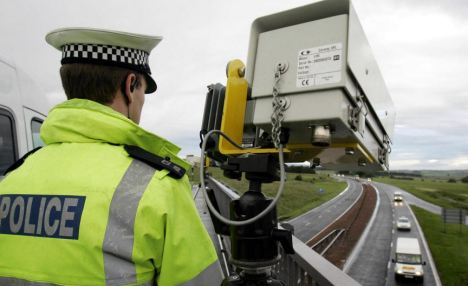B
Beefriendly
Guest
Yes. Health certificates are required (from APHA or a "competent authority") for any international shipment of live animals. It is controlled through a system called "TRACES" but anyone with cattle, horses, etc will know about this. Its no big deal.
Yes, Traces is easy to get going, but you also need to consider there are both export and import licences involved as you are sending out and receiving. The receiving may be the problem as they need inspection in the country they are send from....so it may end up not being very practical. I'll have a chat with my local inspectors and see if they can advise further.
I'm afraid your links just take me to a site where I need to input a breeder number password etc.
But I wouldn't be too interested in Carnica mating sites (at the moment....but one never knows).
Irish Buckfast used to advertise that people could bring their queens to their valley for mating, but the web site seems to have changed and this facility is no longer offered (or I can't find it).

















































 ......I'll put it another way they don't make it easy.
......I'll put it another way they don't make it easy.